1. Judas Iscariot: Betrayer or Divine Agent?
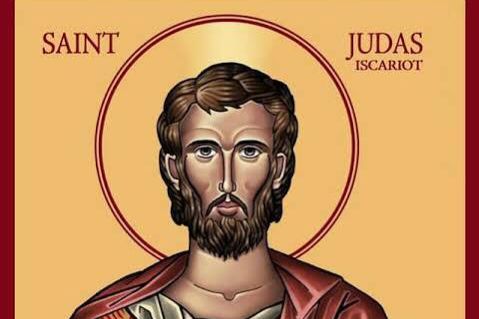
Please note that these are just our observations. We are not trying to change history or make statements that are hard or completely impossible to prove. At Daily Fetch we are just trying to open things up for interpretation or further examination. So here goes…
Judas Iscariot’s name is the ultimate synonym for treachery, forever branded as the man who sold Jesus to the authorities for thirty pieces of silver. This act of betrayal, leading directly to the crucifixion, has defined his legacy as the most infamous villain in Christian history. However, some scholarly and theological interpretations complicate this singular narrative of greed. The Gnostic Gospel of Judas, discovered in the 1970s, frames Judas not as a villain, but as the only disciple truly in the know. In this version, Jesus specifically requests that Judas hand him over, making the betrayal a necessary, pre-ordained act crucial to fulfilling the divine plan. Without Judas’s action, the passion, death, and resurrection, the very foundation of Christian belief, could not have occurred. Was Judas a selfish traitor, or a tragic figure forced to play a predetermined, essential role in the greatest story ever told? His story is a powerful reminder that history’s greatest villains often exist at the intersection of free will and fate.
2. Marie Antoinette: The Scapegoat Queen
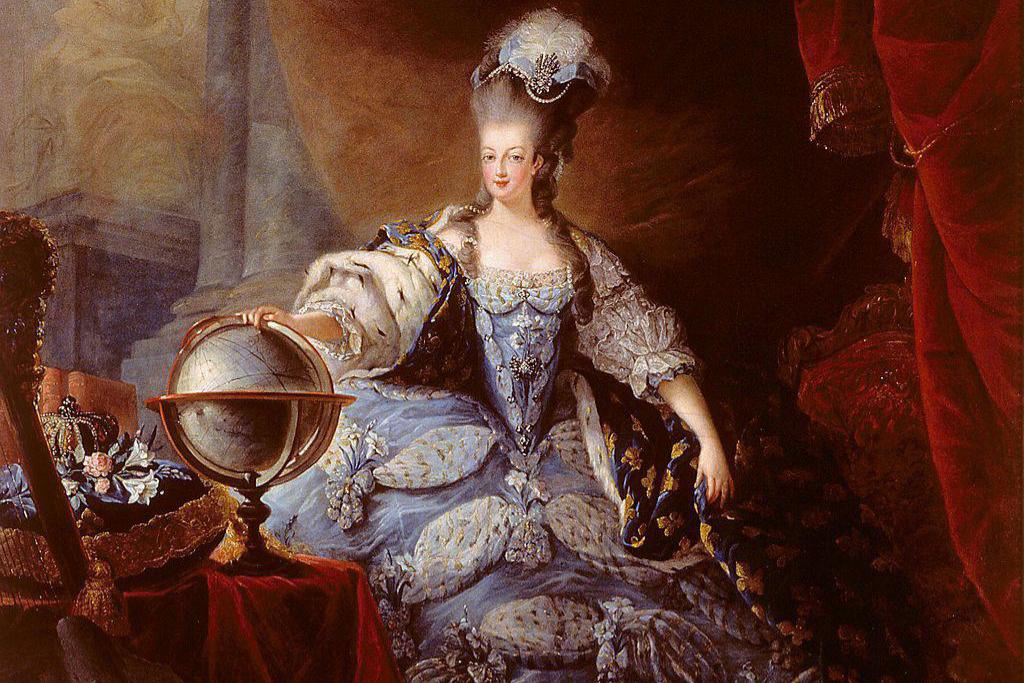
Marie Antoinette is famously immortalized as the frivolous, foreign-born queen who met the French Revolution’s fury, defined by the supposed, callous phrase: “Let them eat cake.” This legendary quote perfectly encapsulated the public’s perception of her as a symbol of aristocratic excess, completely uncaring for the starving masses. Yet, historians universally agree that she never uttered the words; the phrase existed in French folklore well before she arrived. While the young queen certainly did spend lavishly on fashion and entertainment, she was also an outsider, constantly undermined by a hostile court due to her Austrian heritage. She became a perfect lightning rod for the deep-seated political, economic, and social failings of the entire Ancien Régime. In reality, the state’s financial crisis was caused by decades of costly wars and poor administration, not her personal spending. Was she truly the monstrous embodiment of privilege and arrogance, or a powerful, but naive, symbol who was brutally sacrificed to revolutionary rage?
3. Richard III: Villain or Propaganda Victim?
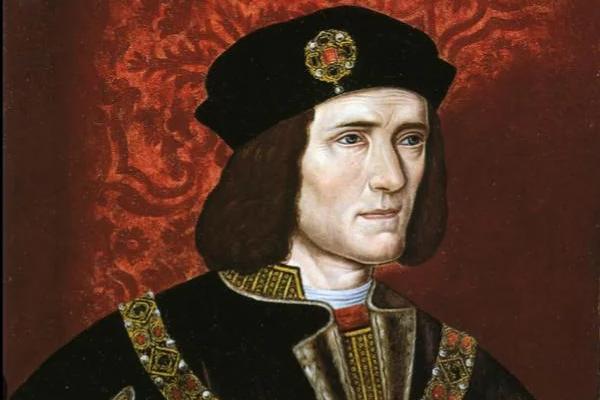
III, the last Plantagenet king of England, is a figure whose villainous image is almost entirely a product of his enemies. The definitive version of his story comes from the Tudor dynasty’s ultimate spin doctor, William Shakespeare, whose play depicts him as a deformed, ambitious usurper who murdered his young nephews, the “Princes in the Tower,” to seize the crown. The historical evidence for Richard’s guilt in the princes’ disappearance, however, remains circumstantial, with other powerful figures like the Duke of Buckingham also being potential suspects. Furthermore, the 2012 discovery of Richard’s skeletal remains showed that while he did suffer from scoliosis (a curvature of the spine), he was not the grotesque hunchback portrayed in propaganda. Richard was likely a capable, if ruthless, late-medieval ruler whose reputation was systematically destroyed by the victorious Tudor regime to justify their own seizure of the throne. Was Richard a true monster, or history’s most compelling victim of character assassination?
4. Mata Hari: The Seductress Spy Who Wasn’t
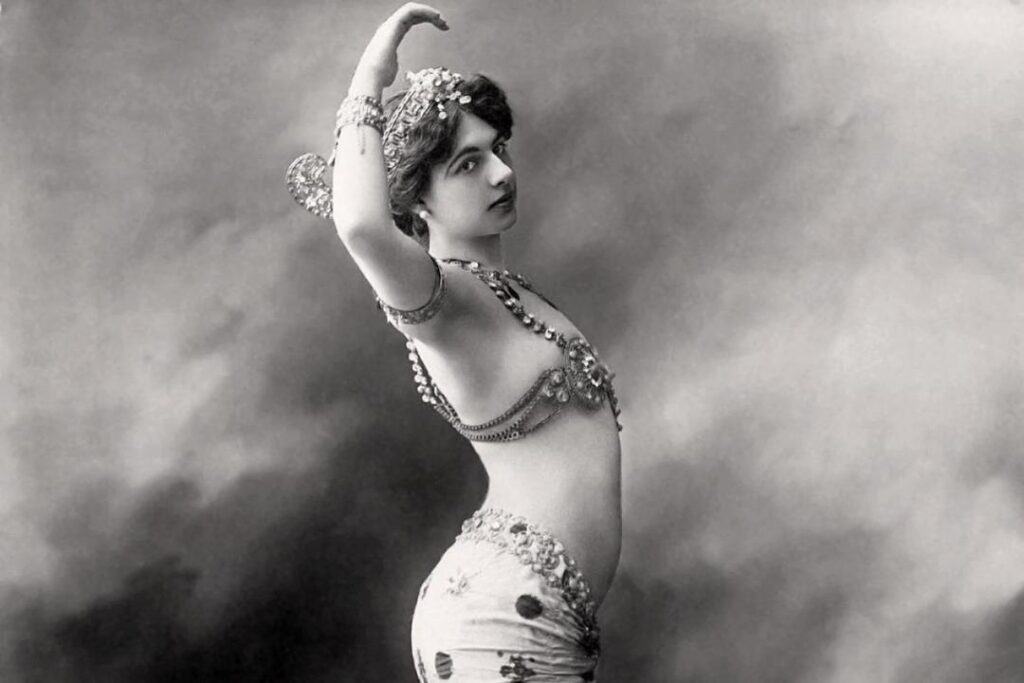
Mata Hari, born Margaretha Zelle, was an exotic dancer whose glamorous stage persona propelled her to fame across Europe before World War I. During the war’s peak paranoia, she was accused of being a double agent and was eventually convicted of espionage and executed by a French firing squad in 1917. The trial painted her as a dangerous, high-value seductress who betrayed nations with her charms and intimate connections. The complex reality, however, suggests she was likely a minor, ineffective figure caught up in a moment of intense fear and the French need for a high-profile scapegoat. Historians now argue that the evidence against her for passing meaningful military secrets was scant at best. Her primary offense may have been the public’s disapproval of her lifestyle: she was a provocative, financially struggling foreigner who mixed with powerful men on all sides of the conflict. Was she truly a deadly spy, or a convenient fall-person for an anxious military and a judgmental society?
5. Niccolò Machiavelli: Cynic or Pragmatist?
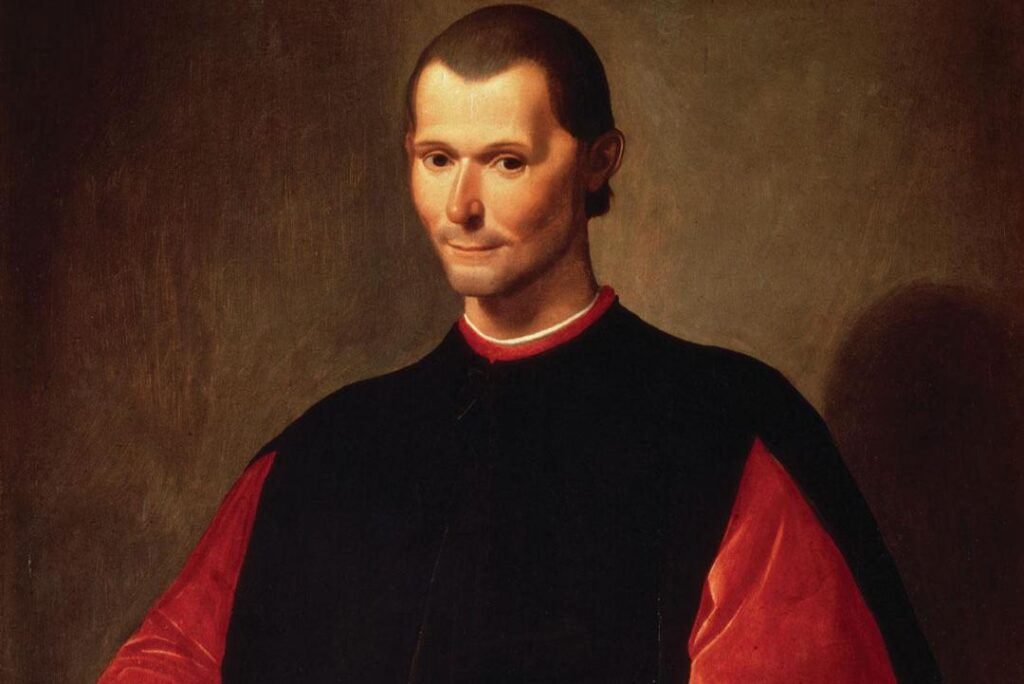
The name “Machiavellian” is a modern shorthand for ruthless, cunning, and unprincipled political behavior, all derived from Niccolò Machiavelli’s 16th-century political treatise, The Prince. For centuries, he has been condemned as the champion of tyranny and the man who chillingly argued that the ends justify the means. Yet, this reading may overlook the crucial context of its creation. The book was written after Machiavelli was tortured and exiled from his beloved Florence, intended as a job application of sorts to the city’s new rulers, the Medici family. Some scholars argue the work was less an endorsement of tyranny and more a stark observation, a realistic, often cynical, handbook describing exactly how power truly operates in the brutal, volatile world of Renaissance Italian city-states. Others suggest The Prince was even a sophisticated work of political satire, subtly exposing the methods of tyrants to alert the common people. Was Machiavelli promoting cruelty, or was he simply the first to dissect and describe the cold mechanics of power?
6. Vlad the Impaler: Monster or National Defender?
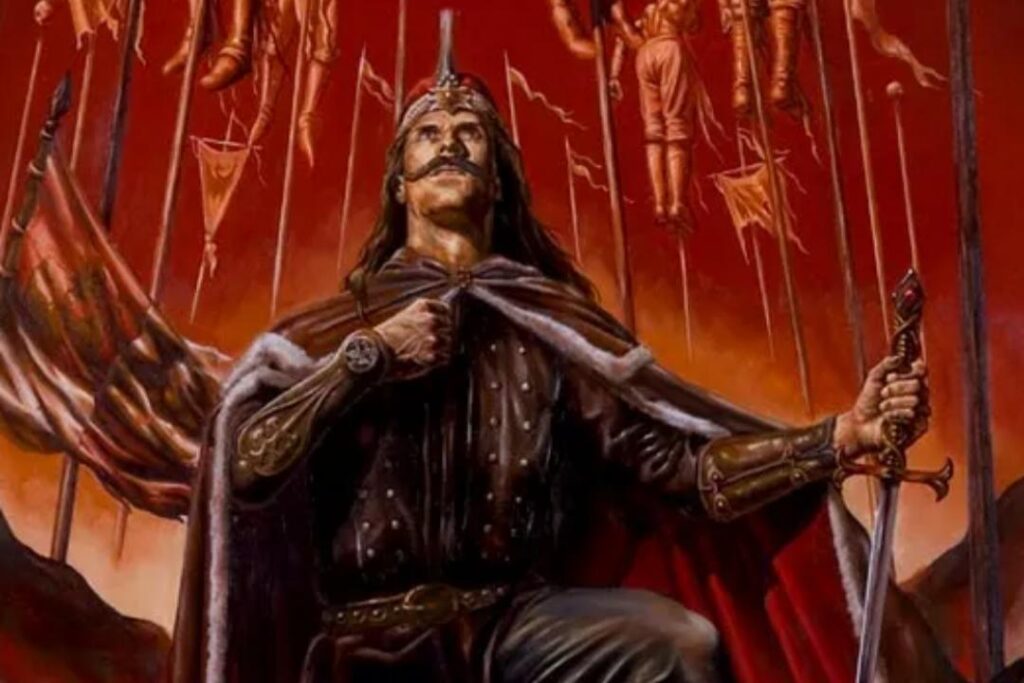
Vlad III, Prince of Wallachia, earned his unforgettable nickname, and later inspired the legendary figure of Dracula, for his favored, gruesome method of execution: impalement. Accounts describe horrifying scenes of vast fields lined with the impaled bodies of his enemies and political rivals, a brutal signature intended as a deterrent. His cruelty is undeniable, particularly in his campaigns against the boyars (nobles) who opposed him. However, Vlad’s most extreme acts of terror were often deployed with a strategic purpose: protecting his small domain from the massive, ever-looming threat of the Ottoman Empire. To the modern nation of Romania, Vlad is often viewed not as a vampire or madman, but as a fierce, brutal defender of his homeland and Christianity against an overwhelming foreign invasion. He used horror as psychological warfare to survive. Was Vlad simply a bloodthirsty monster, or a nationalist hero whose uncompromising brutality secured the independence of his people?
7. Attila the Hun: The Scourge and the Unifier
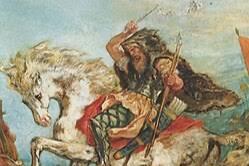
Attila, the leader of the Huns, became the nemesis of the Roman world, earning the terrifying title, the “Scourge of God.” His campaigns in the 5th century CE were marked by astonishing speed and devastation, terrifying the populace and leaving swaths of the Roman Empire in ruin as he demanded tribute. To the Romans, he was the quintessential barbarian destroyer, the personification of chaos and decline. However, from the perspective of his own people, Attila was a visionary unifier. He consolidated disparate, nomadic Hunnic tribes into a powerful, single empire and commanded respect (or at least fear) from the world’s only superpower. He was a shrewd military tactician and, at times, a surprisingly effective diplomat who negotiated favorable terms rather than simply relying on slaughter. Was Attila purely a barbarian whose purpose was destruction, or a protector and founding father who gave his people a unified voice and a place on the world stage?
8. Genghis Khan: Warlord and World Architect
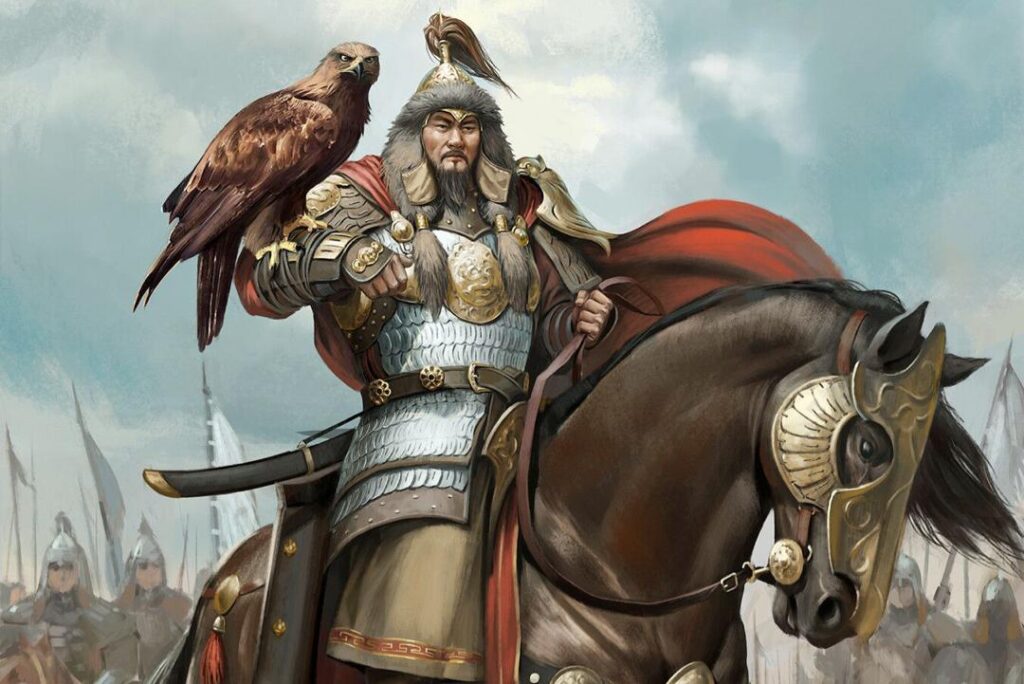
Genghis Khan is rightly remembered as one of history’s most feared and destructive conquerors, whose campaigns in the 13th century resulted in the deaths of millions and the complete erasure of entire cities. His brutality in achieving conquest is a documented, horrifying fact. Yet, his legacy is fundamentally complex. He forged the largest contiguous land empire in history, an achievement that structurally reshaped the medieval world. Within that empire, he introduced a sophisticated, merit-based leadership structure, promoted a written script, encouraged international trade along the Silk Road (the Pax Mongolica), and implemented a policy of religious tolerance that was highly unusual for the era. The vast connections he established made the exchange of goods, ideas, and technologies between East and West possible. Was Genghis Khan merely a genocidal warlord, or was he also the brutal but necessary architect of a new, interconnected global order?
9. Timur (Tamerlane): The Butcher and the Builder
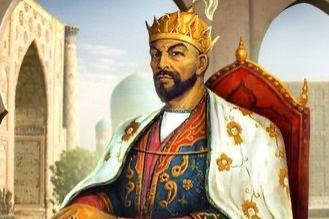
Timur, or Tamerlane, a Turco-Mongol conqueror of the 14th century, is known for his absolutely staggering destruction. His armies swept across West, South, and Central Asia, resulting in the estimated deaths of millions, with his signature acts including the reduction of major cities to rubble and the gruesome erection of towers built from the skulls of the vanquished. To many, he represents pure, unadulterated devastation. Paradoxically, Timur also sought to style himself as a patron of the arts and a restorer of the Mongol Empire’s glory. His capital city, Samarkand, was transformed under his rule into one of the world’s great centers of Islamic art, architecture, and learning, attracting scholars, poets, and artisans from across his vast domain. He created enduring, profound beauty with one hand while wielding unparalleled horror with the other. Was he solely a butcher of humanity, or a conqueror who used conquest as a means to fund and inspire a cultural golden age?
10. Saladin: The Chivalrous Foe
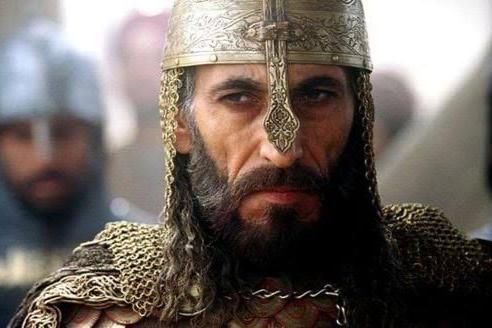
In the traditional European narrative of the Crusades, Saladin (Salah al-Din Yusuf ibn Ayyub) was the great enemy, the powerful Muslim leader who, in 1187, brilliantly recaptured Jerusalem after nearly a century of Crusader rule. He was the figure who shattered the image of European military supremacy in the East. However, even his fiercest Christian opponents and chroniclers often spoke of him with profound respect and admiration. He was widely documented as possessing qualities of chivalry, honor, and extraordinary mercy, particularly after major victories. For instance, following the siege of Jerusalem, he allowed Christian residents to leave peacefully (provided they paid a ransom), a stark contrast to the massacre the original Crusaders had inflicted. Was Saladin a formidable villain who destroyed Christian kingdoms, or a virtuous hero defending his people and faith? His reputation transcends cultural divides, showcasing how mutual respect can exist even between mortal foes.
11. Napoleon Bonaparte: Tyrant or Modernizer?
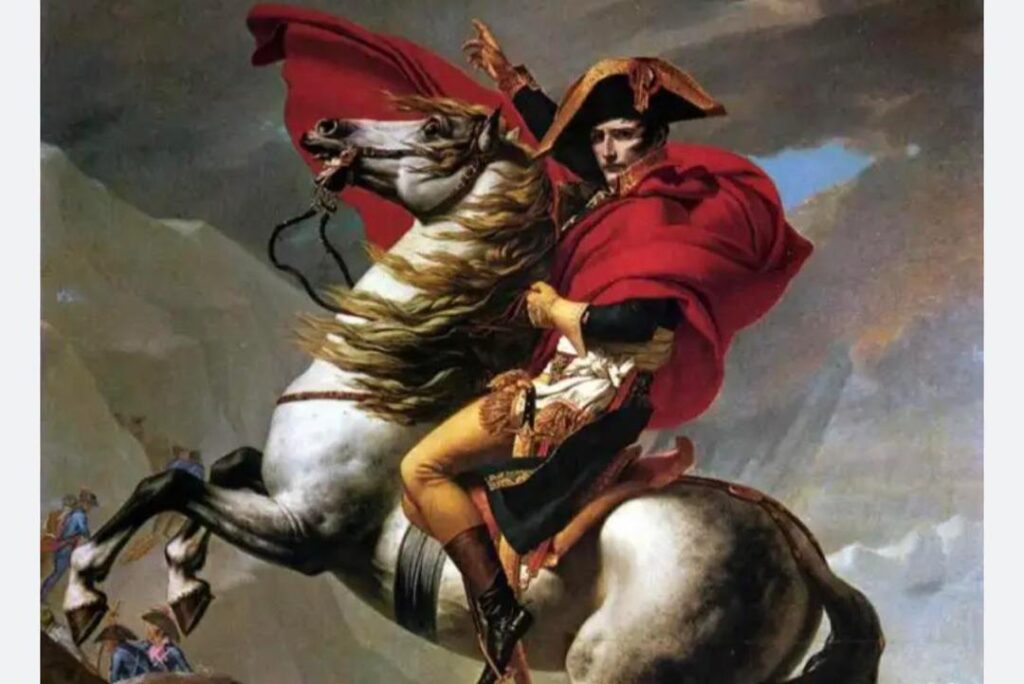
To much of Europe, Napoleon Bonaparte remains the embodiment of an egotistical conqueror, a man whose relentless ambition left the continent drenched in the blood of the Napoleonic Wars. His campaigns led to the destruction of countless lives and the redrawing of national borders by force. Yet, his legacy is also inseparable from the foundations of modern statecraft. Napoleon championed the Napoleonic Code (or French Civil Code), a systematic, secular body of law that influenced legal systems across Europe, Latin America, and beyond. He introduced significant reforms to education, finance, and administration, effectively dragging Europe out of its feudal past and into modernity. He was a revolutionary product who became an emperor, and his authoritarian rule brought stability and structure after the chaos of the French Revolution. Was he a tyrant who sacrificed millions for personal glory, or a visionary leader who, through force, initiated lasting, positive institutional change?
12. Hernán Cortés: Explorer or Destroyer?
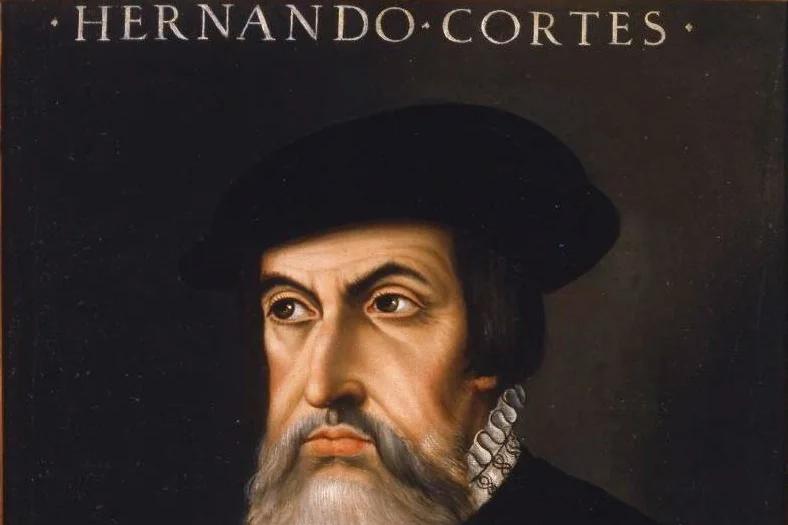
Hernán Cortés’s actions are a tragic dual-legacy. To the Indigenous peoples of the Americas, particularly the Aztec Empire, he was a destroyer whose invasion toppled a civilization and inaugurated centuries of colonization, exploitation, and catastrophic population decline. His conquest was fueled by ruthlessness, military superiority, and the calculated exploitation of local rivalries. To the Spanish Crown and the generations that followed, however, Cortés was lauded as an unflinching hero, a brilliant military mind who secured immense wealth, territory, and glory for Spain. His success profoundly reshaped an entire continent. His actions were undoubtedly brutal and self-serving, but they also represented the vanguard of an unstoppable wave of European expansion driven by technology, disease, and ambition. Was he purely an ambitious soldier who destroyed a civilization for personal gain, or the inevitable, brutal face of a historical collision?
13. Adolf Hitler: A Terrifying Lesson in Charisma
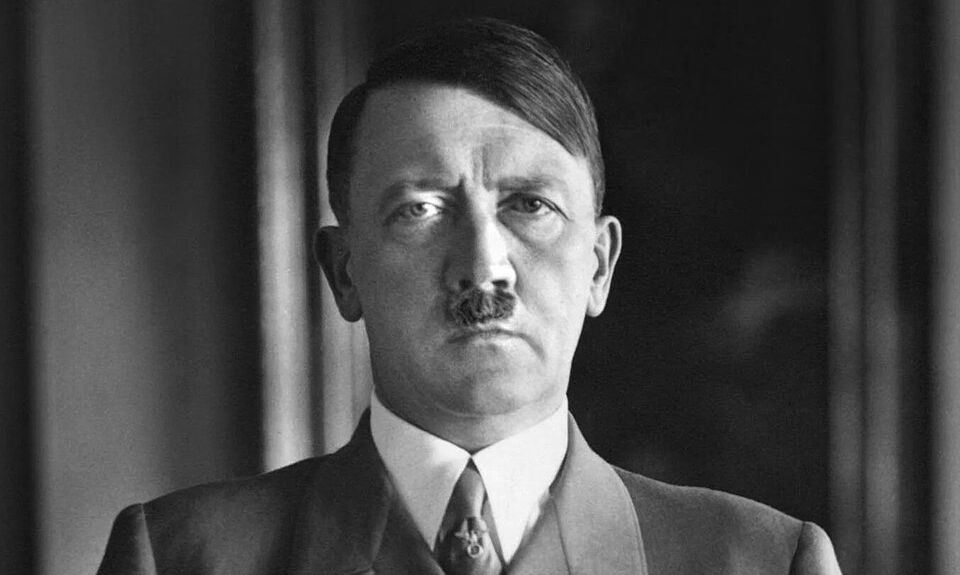
Adolf Hitler is universally recognized as the darkest figure of the 20th century, the architect of the Holocaust and a world war that resulted in the deaths of tens of millions. His crimes are an undisputed, historical evil. However, the terrifying complexity lies in how he achieved this power. Hitler rose to power within a democratic system through mass support, skillfully exploiting the deep-seated economic despair, national humiliation following World War I, and virulent anti-Semitism in Germany. He was a master of propaganda and populist appeal, convincing a substantial portion of the population that he was their savior. His regime also implemented significant, if often malign, infrastructure projects (like the Autobahn), industrial advances, and even progressive animal welfare laws, minor achievements that are tragically dwarfed by his crimes but remain part of his record. Was Hitler pure evil, or a chilling, charismatic manifestation of what can happen when collective desperation and scapegoating are weaponized by populism?
14. Joseph Stalin: Savior or Mass Murderer?
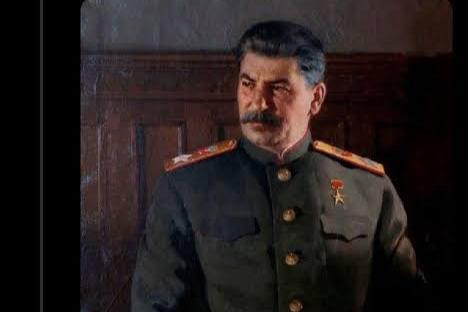
Joseph Stalin’s rule over the Soviet Union is one of history’s most contradictory legacies. He oversaw a period of breakneck industrialization that transformed a largely agrarian nation into a global superpower, and he led the USSR to victory over Nazi Germany, a feat that saved Europe from fascism. But these achievements came at a cataclysmic cost. His policy of forced collectivization, purges, executions, and the vast Gulag system resulted in the deaths of millions of his own people through famine and state terror. Stalin justified his cruelty as necessary for the survival and strengthening of the Soviet state in a hostile world. Today, he is viewed by some Russians as a hero who modernized and defended Russia, while the rest of the world, and many Russians, remember him as one of history’s greatest tyrants. His story demonstrates how extreme power can utterly blur the line between a nation’s savior and its greatest destroyer.
15. Ivan the Terrible: Architect of the Russian State
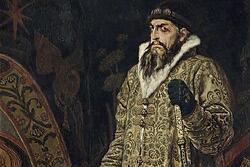
Ivan IV of Russia earned his moniker, “the Terrible” (from the Russian grozny, meaning ‘formidable’ or ‘awe-inspiring’), through a reign characterized by extreme cruelty, mass executions, and crippling fits of paranoia. His Oprichnina, a brutal state police and policy of land confiscation, terrorized the Russian nobility (boyars) and commoners alike. Yet, this violence had a strategic political goal: centralizing power and breaking the autonomous authority of the nobles who had plagued the throne for decades. Ivan also dramatically expanded Russia’s territory, securing vital trade routes and laying the foundation for a future multi-ethnic empire. He was the first to officially crown himself “Tsar of All the Russias,” solidifying the concept of a singular Russian state. Was he simply a ruler defined by monstrous cruelty, or a brutal, but necessary, force whose reforms paved the way for modern Russia? His legacy is a study in how power and violence have historically intersected to create nations.
16. John Brown: Terrorist or Righteous Revolutionary?
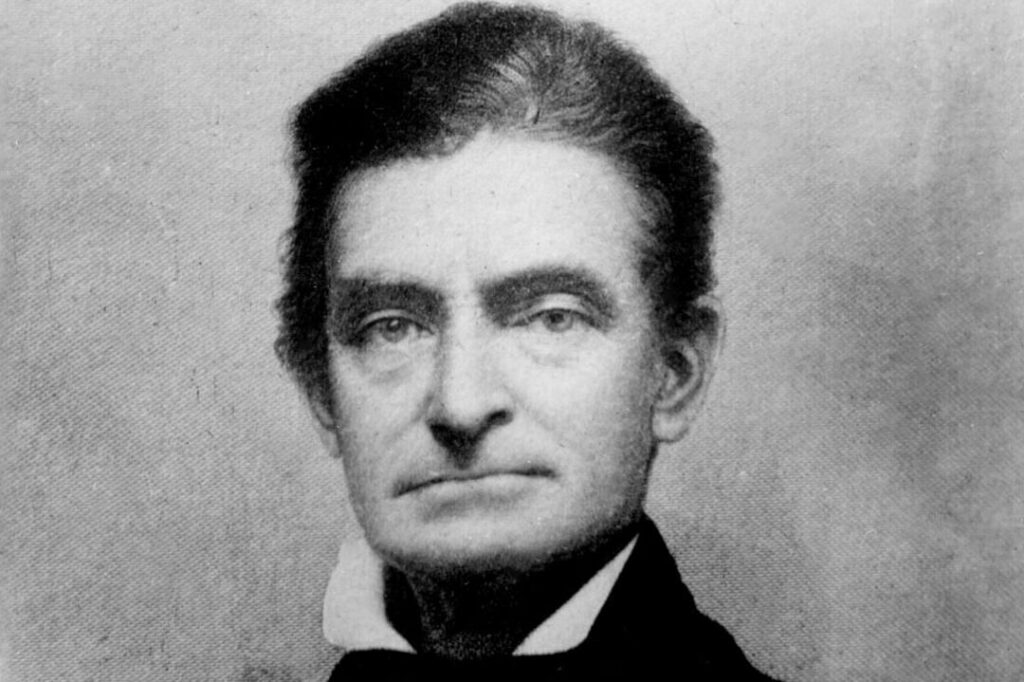
In his own time, John Brown was unequivocally viewed by the American South and many in the North as a dangerous terrorist and madman. He led violent, bloody raids in Kansas and, most famously, an armed insurrection at Harpers Ferry in 1859, which sought to arm and incite a slave revolt. His methods were extreme, resulting in the deaths of several people. Today, however, he is largely recast as a radical abolitionist hero, a white man who believed in the equality of all people and was willing to use violence to force the nation to confront the horror of slavery. His actions, while condemned by many as crimes, are now seen by some as the spark that hastened the Civil War and the eventual end of slavery. Brown’s life raises a profound, uncomfortable ethical question: can someone who uses violence for a just and righteous cause still be considered a villain, or does the nobility of the ends change the morality of the means?
17. Maximilien Robespierre: The Idealist Who Became a Monster
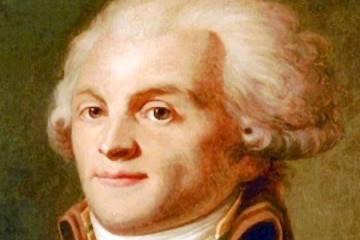
Maximilien Robespierre was one of the most brilliant and passionate voices of the French Revolution, passionately advocating for liberty, equality, and the rights of the common man. For a time, he was the conscience of the Revolution. However, his rise to the leadership of the Committee of Public Safety plunged France into the Reign of Terror, where he ordered the guillotining of thousands of perceived “enemies of the Revolution,” including former allies. Robespierre genuinely believed he was acting to defend the new revolutionary ideals from corruption and counter-revolution. He saw the systematic destruction of human lives as a necessary, temporary act of virtue to secure a permanent republic of virtue. His radical idealism and puritanical zeal ultimately consumed him. Was Robespierre a courageous leader defending a fragile republic, or proof that noble ideals, when taken to fanatical extremes, can become monstrous engines of death?
18. Oliver Cromwell: Protector and Butcher
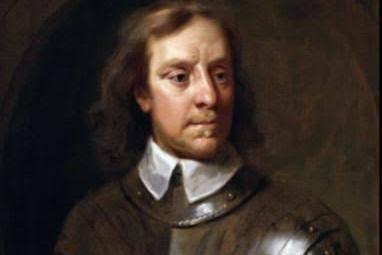
Oliver Cromwell’s legacy is split down the middle by the Irish Sea. To many in Ireland, he is remembered as a butcher, a figure synonymous with the 1649 massacres at Drogheda and Wexford, where thousands of soldiers and civilians were slaughtered. His brutal campaign of conquest and land confiscation cemented English Protestant domination and led to generations of suffering. In England, however, Cromwell is often remembered as a revolutionary and a statesman. He led the Parliamentary forces to victory in the English Civil War, toppled the monarchy, ordered the execution of King Charles I, and established the short-lived English Republic (the Commonwealth), ruling as Lord Protector. He fundamentally advanced the power of Parliament over the Crown. Was Cromwell a tyrannical, religiously zealous dictator, or a reformer who shattered an old system to create a new political order that continues to influence modern British governance?
19. Guy Fawkes: Criminal or Symbol of Resistance?
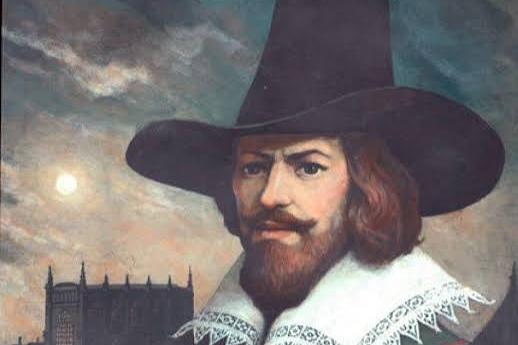
Guy Fawkes is infamous for his role in the Gunpowder Plot of 1605, a Catholic conspiracy to blow up the House of Lords, assassinate Protestant King James I, and overthrow the government. The act, had it succeeded, would have been a massive act of terrorism that murdered hundreds of people. His crime was a clear, calculated attempt at mass political murder. Yet, in modern popular culture, Fawkes’s image, particularly the stylized mask based on him, has been completely reimagined as a symbol of resistance against oppression, tyranny, and state power, adopted by protest movements worldwide. The annual celebrations on November 5th, originally a celebration of his failure, now often carry an undertone of anti-establishment defiance. Was Fawkes a dangerous criminal who would have committed mass murder, or a revolutionary who was fighting what he perceived as state tyranny and religious persecution? The transformation of his image shows how historical villains can be repurposed to serve modern political narratives.
20. Brutus: Patriot or Traitor?
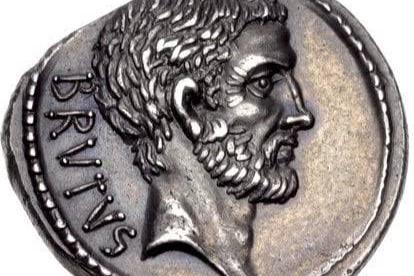
Marcus Junius Brutus is forever linked to the ultimate act of betrayal: the assassination of his mentor and friend, Julius Caesar, in 44 BCE. Immortalized by Shakespeare’s cry of “Et tu, Brute?”, his name is synonymous with the stab in the back. However, Brutus was not motivated by personal gain. He believed, with genuine conviction, that Caesar’s accumulation of power represented the end of the Roman Republic and that his assassination was a necessary, patriotic duty to save Roman liberty from dictatorship. To many of his contemporaries, he was a hero, a defender of ancestral Roman tradition. His decision, tragically, did not save the Republic, but instead plunged Rome into years of chaos and civil war, leading directly to the establishment of the Empire he sought to prevent. Was Brutus a self-righteous murderer and reckless revolutionary, or the final, desperate defender of a doomed democracy?
21. Benedict Arnold: Traitor or Undervalued Soldier?
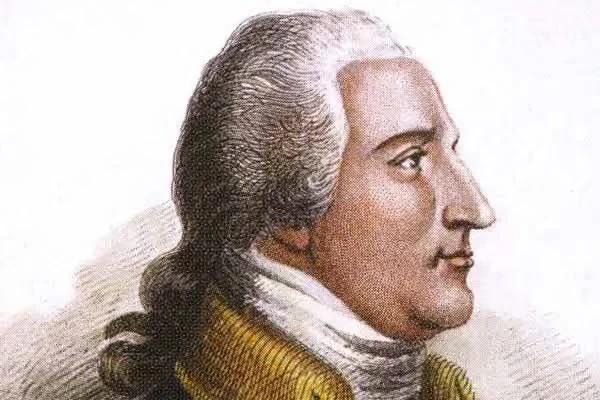
Benedict Arnold’s name is the defining synonym for treason in American history. Once a brilliant and celebrated military general for the Continental Army, he famously attempted to hand over the crucial American fort at West Point to the British during the Revolutionary War. This act forever branded him as the most infamous traitor in U.S. history. Yet, his earlier actions were critical to American success: he was a genuine war hero whose courageous leadership at battles like Saratoga was instrumental in securing victory. His decision to betray the cause was complex, driven by huge personal debts, frustration over a lack of proper recognition and promotion, and anger over political rivals who launched investigations into his conduct. Was he simply a man devoid of loyalty, or a deeply flawed, sensitive soldier whose feelings of resentment and entitlement led him to make one catastrophic, unforgivable choice? His life is a stark reminder of how a single act of betrayal can overshadow a lifetime of achievement.
22. Aaron Burr: The Duelist Who Defined His Career
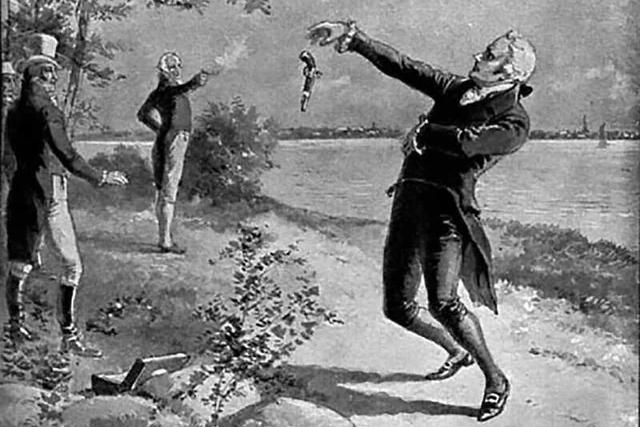
Aaron Burr is chiefly remembered for one fatal act: killing his rival, founding father Alexander Hamilton, in a duel in 1804. This moment cemented his reputation as an American villain, prematurely ending his political career and forever casting a shadow over his public life. Yet, before and after the duel, Burr was a far more complex figure than his infamy suggests. He was a distinguished Revolutionary War veteran, a U.S. Senator, and the third Vice President of the United States. He was notably progressive for his time, championing the cause of women’s education and expanded rights. He also survived a later trial for treason, related to an alleged plot to create a new country in the American West, though he was ultimately acquitted. Was Burr truly defined by one deadly duel and a lifetime of political ambition, or was a nuanced, reform-minded career unfairly erased by one catastrophic, violent moment?
23. Pontius Pilate: Opportunist or Bureaucrat?
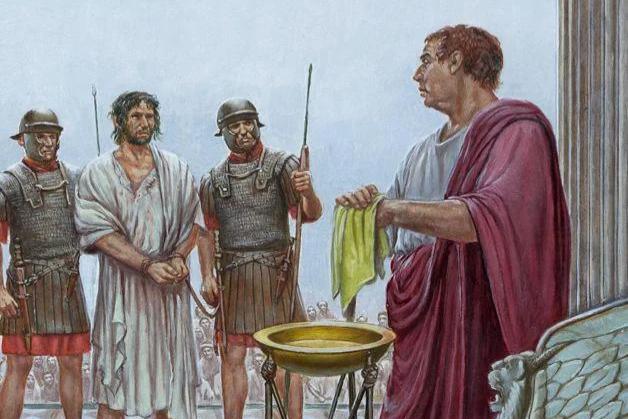
Pontius Pilate is a central, infamous figure in Christian history, remembered as the Roman governor of Judea who sentenced Jesus to crucifixion. In the Gospel accounts, he is depicted as a hesitant, politically weak man who literally “washed his hands” of the decision, bowing to the pressure of the crowd and local Jewish leaders. Some historians, however, suggest that the Gospels may have softened his image to avoid blaming the Roman authority. In reality, Pilate was likely a standard, ruthless Roman official whose job was simply to maintain Pax Romana, peace and stability, in a volatile, rebellious province. Any act that threatened Roman order, whether a messianic preacher or a riotous crowd, would be dealt with swiftly and brutally. Was Pilate a cruel opportunist who carelessly sent an innocent man to a horrific death, or a pragmatic bureaucrat who was merely doing his duty to Rome, caught between an unpredictable religious movement and his imperial mandate?
24. Rasputin: The Mythical Dark Force
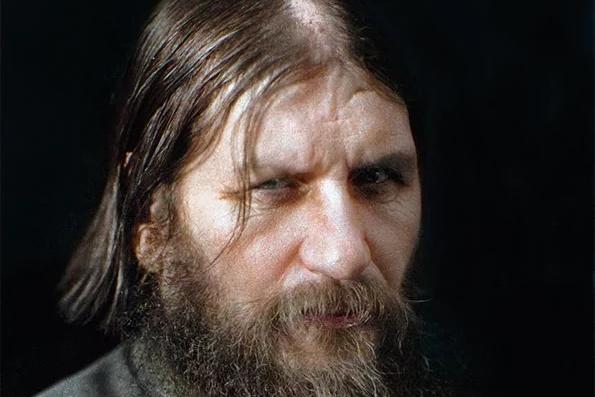
Grigori Rasputin, the Siberian mystic, became the shadowy, influential adviser to Russia’s last royal family, Tsar Nicholas II and Tsarina Alexandra. He became infamous in Europe for his alleged corruption, sexual debauchery, and purported control over the Tsarina, primarily because he seemed to be the only person able to alleviate the suffering of their hemophiliac son, Alexei. He was widely painted as a sinister puppet master whose dark influence hastened the fall of the Romanov dynasty. In truth, while he certainly was a divisive and scandalous figure, his actual political influence was likely heavily exaggerated, fueled by rumor, a hostile aristocratic court, and anti-German sentiment aimed at the Tsarina. He was a convenient, foreign-looking figure onto whom a collapsing monarchy and deeply corrupt elite could project all their problems. Was Rasputin truly the dark manipulator of legend, or a charismatic, but ultimately limited, individual who became a massive scapegoat for a dynasty already destined to fall?
25. Qin Shi Huang: The Unifier and the Tyrant
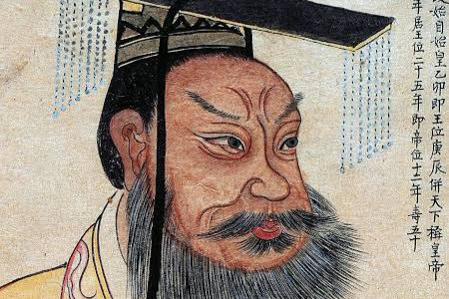
Qin Shi Huang, the first emperor of a unified China (221 BCE), holds one of the most powerful, contradictory legacies in Asian history. On one hand, he was a visionary unifier who ended centuries of warring states, standardized the currency, writing, weights, and laws, and initiated the construction of the Great Wall. These acts fundamentally created the political and cultural entity that is modern China. On the other hand, his reign was terrifyingly brutal: it relied on forced labor, the execution of scholars, and the infamous burning of books to suppress intellectual dissent and maintain ideological control. His rule was a mastery of centralized authority achieved through absolute fear. Was Qin Shi Huang a harsh tyrant who ruled through terror and destroyed cultural heritage, or a ruthless pragmatist whose brutal unification was necessary to establish a stable, enduring state? His legacy is a monumental testament to how creation and cruelty can be two sides of the same historical coin.
26. Christopher Columbus: Explorer or Exploiter?
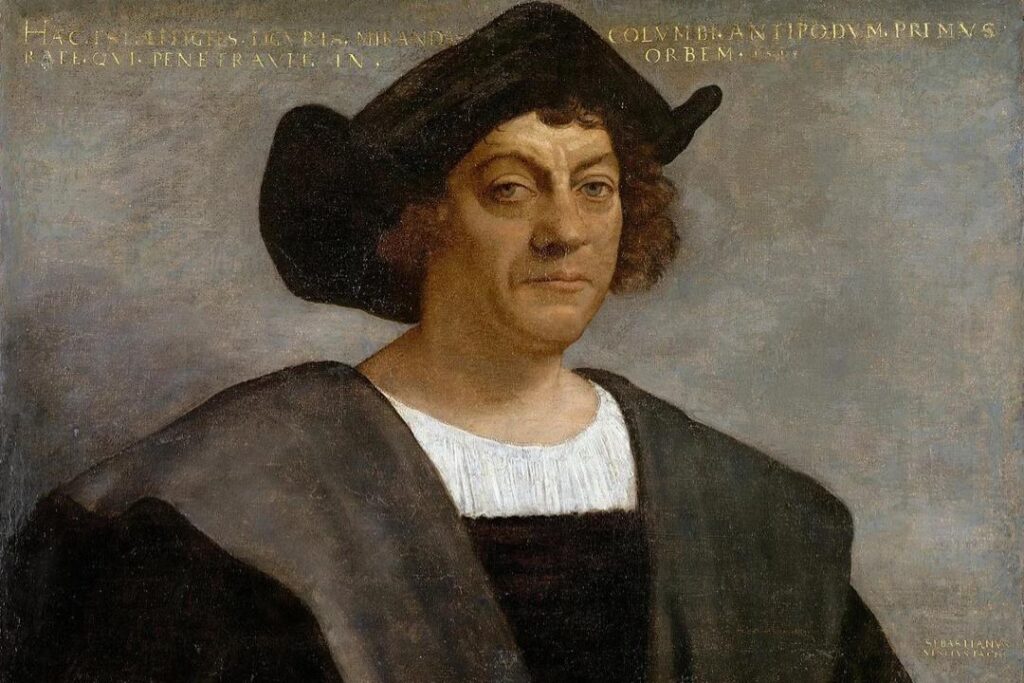
For centuries, Christopher Columbus was celebrated as the heroic “discoverer of the New World,” an audacious explorer whose 1492 voyage irrevocably linked continents and initiated the era of global exchange. His courage and nautical achievement are undeniable, fundamentally reshaping history. However, a full, modern examination of his legacy casts a long, dark shadow. His treatment of the Indigenous peoples he encountered was brutal, characterized by enslavement, massacres, and systemic exploitation. His arrival marked the beginning of centuries of European conquest and the devastating loss of life and culture for native populations. Was Columbus a daring, world-changing explorer whose courage redefined the map, or the initiator of centuries of colonization, brutality, and suffering? His legacy is now one of the most hotly debated in the world, forcing a confrontation between the traditional narratives of “discovery” and the tragic realities of exploitation.
27. Nero: Depraved Monster or Artistic Scapegoat?
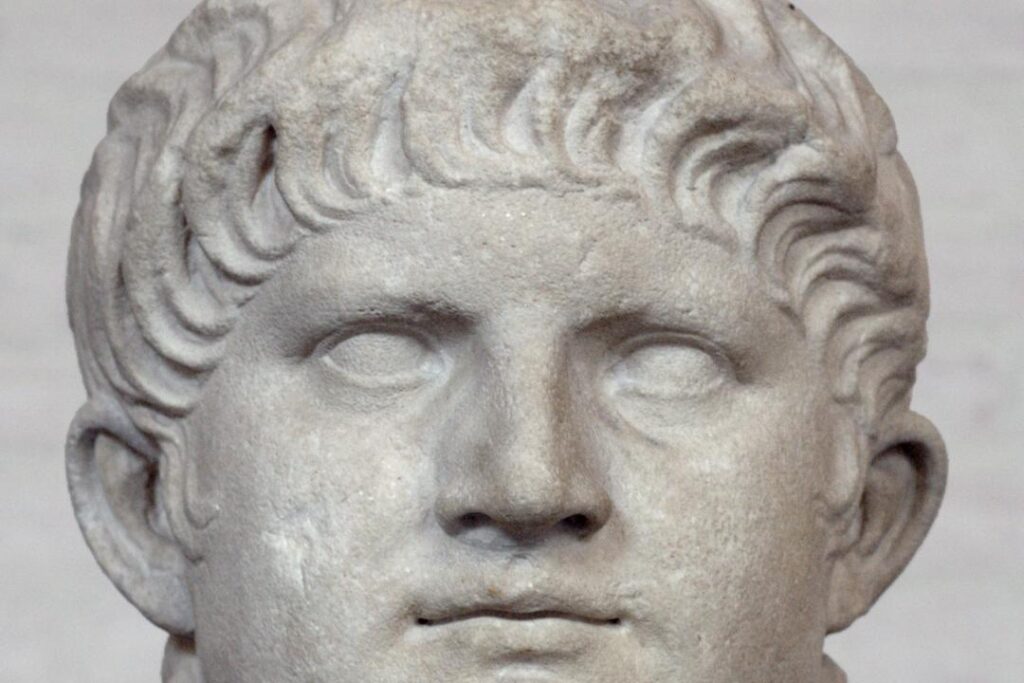
Nero Claudius Caesar Augustus Germanicus has long been remembered as one of the most infamous Roman emperors: a sadistic tyrant who “fiddled while Rome burned,” murdered his own mother, and persecuted Christians. Ancient historical sources, particularly those written by political enemies like Tacitus after his fall, painted him as a monstrous figure consumed by self-indulgence and depravity. Yet, modern historians caution against accepting this portrait at face value. Evidence suggests that Nero was, in fact, a generous patron of the arts and athletic games, and was even genuinely popular with the common people of Rome. The accusation that he started the great fire in Rome is highly disputed, and he personally oversaw relief efforts. He likely became a convenient scapegoat for subsequent regimes eager to delegitimize his memory. Was Nero truly the depraved tyrant of legend, or a flawed, artistic ruler whose vices and failures were dramatically exaggerated by history written by his political victors?
The heroes and villains we learn about are often composites, products of their circumstances, propaganda, and the ultimate outcome of their actions.
This story 27 Evil Figures From History With Surprisingly Complex Legacies was first published on Daily FETCH


